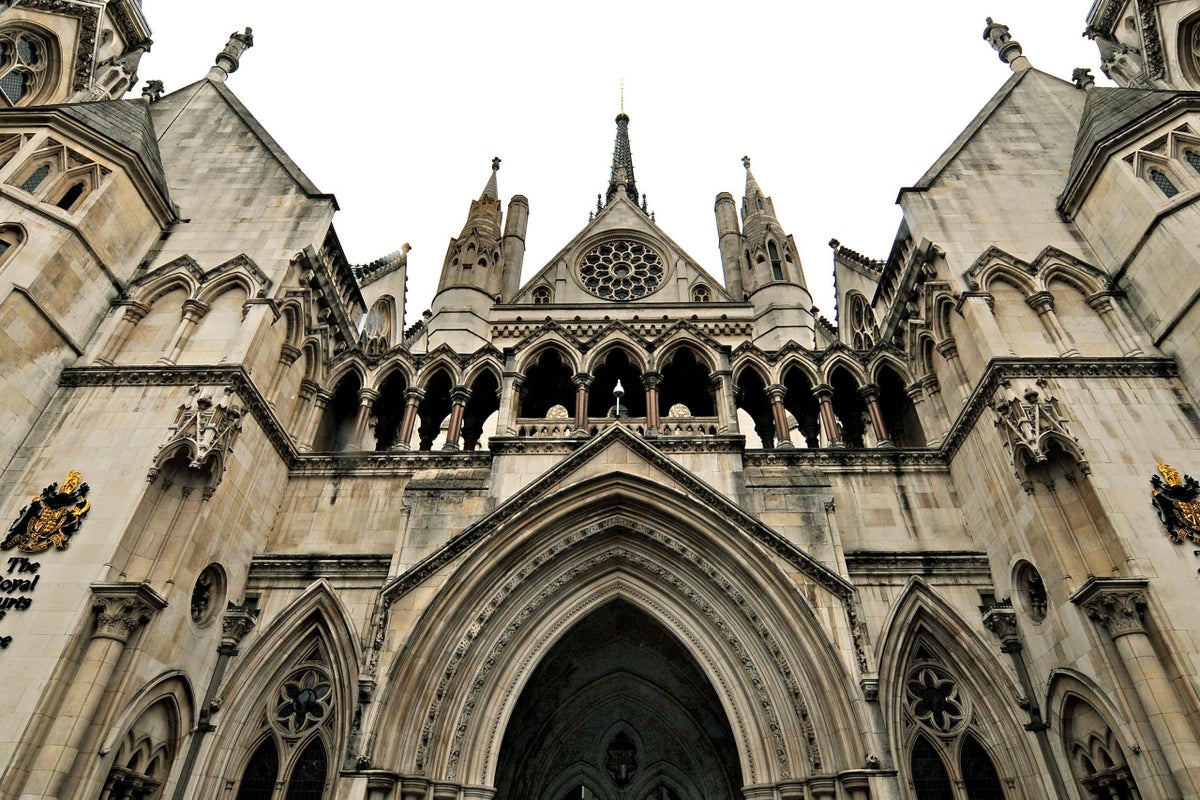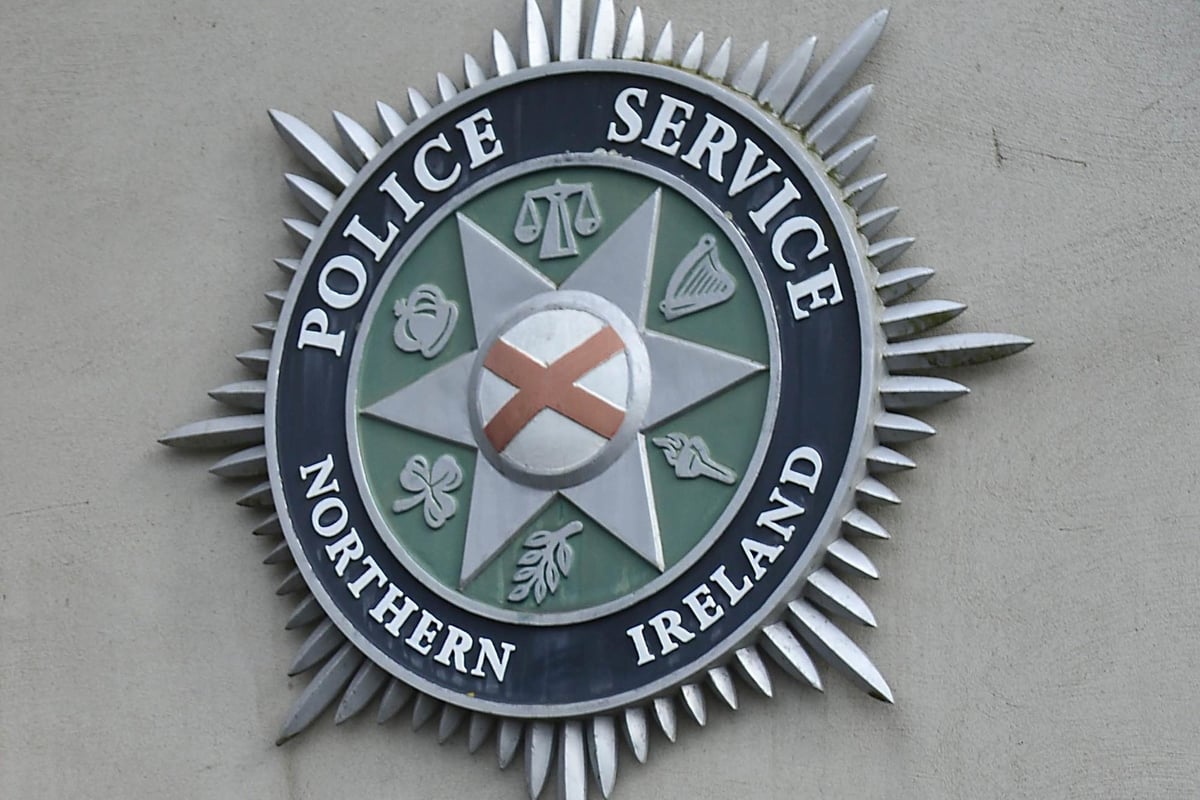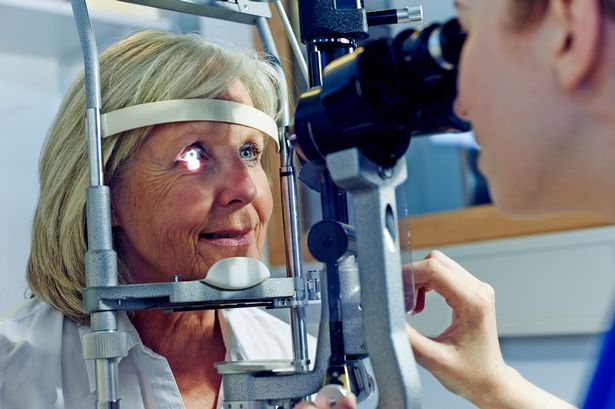A High Court ruling has sharply criticized a medical tribunal’s decision to suspend rather than permanently remove a doctor accused of rape. The tribunal had deemed the incident involving Dr Aloaye Foy-Yamah a “one-off” event that posed no ongoing risk to patient safety. This judgment has raised serious concerns regarding how allegations of sexual misconduct are handled within the medical profession.
The Medical Practitioners Tribunal Service (MPTS) ruled on January 2025 that Dr Foy-Yamah, a consultant based in Blackpool, should be suspended for 12 months. This decision followed allegations that he assaulted a woman at his home on December 2, 2024. Despite the General Medical Council (GMC) recommending the doctor be struck off entirely, the tribunal found that the incident was unlikely to be repeated and did not directly impact patient care. Notably, the police have not charged Dr Foy-Yamah regarding these allegations.
During a two-day hearing on October 7 and 8, 2025, High Court Judge Mr Justice Ritchie described the MPTS findings as lacking a logical foundation. He emphasized that the panel failed to appropriately assess Dr Foy-Yamah’s conduct, insight, and lack of remediation. “In my judgment,” he stated, “there are substantial risks to any woman who may become friendly with Dr Foy outside work,” indicating that the tribunal did not fully grasp the implications of the doctor’s actions.
The judge rejected an appeal by Dr Foy-Yamah against the MPTS’s conclusion that he had raped the woman, insisting that the sanction must be re-evaluated as soon as practicable. Dr Foy-Yamah remains suspended pending this review. Judge Ritchie highlighted the troubling aspect of Dr Foy-Yamah’s lack of insight regarding the incident, stating that his arousal did not excuse his actions.
In previous investigations, Lancashire Police reported in 2018 that they received a rape allegation against Dr Foy-Yamah. Following a thorough investigation and consultation with the Crown Prosecution Service, the case was not pursued due to evidential difficulties. This situation underscores the distinct thresholds that medical tribunals operate under compared to criminal prosecutions, as they evaluate allegations based on a “balance of probabilities.”
A spokesperson for the GMC welcomed the High Court’s decision, reiterating their stance that any form of sexual misconduct is unacceptable within healthcare. They intend to argue for Dr Foy-Yamah’s erasure from the medical register at the impending tribunal. Meanwhile, an MPTS representative indicated that they will carefully consider the appeal judgment for lessons to improve future decision-making.
The GMC has faced criticism in recent years for similar cases. In one instance, they appealed against the MPTS’s decision to suspend Dr James Gilbert, who was found to have sexually harassed junior female colleagues. Recent research revealed that over a third of doctors facing tribunals for sexual misconduct in 2023-24 were permitted to return to work after brief suspensions instead of being removed from practice entirely.
Investigations have uncovered troubling patterns within medical regulatory bodies. Reports from The Independent indicated that hundreds of healthcare professionals, including doctors and nurses, continued to practice despite facing allegations of sexual assault and rape between 2018 and 2024. This has prompted calls for reforms in how such cases are managed by regulatory authorities.
The MPTS’s ruling and the subsequent High Court appeal reflect ongoing concerns regarding the handling of serious allegations within the medical profession, emphasizing the need for greater accountability and protection for potential victims. As the situation develops, the focus remains on ensuring that the standards governing medical professionals adequately reflect the seriousness of sexual misconduct allegations.







